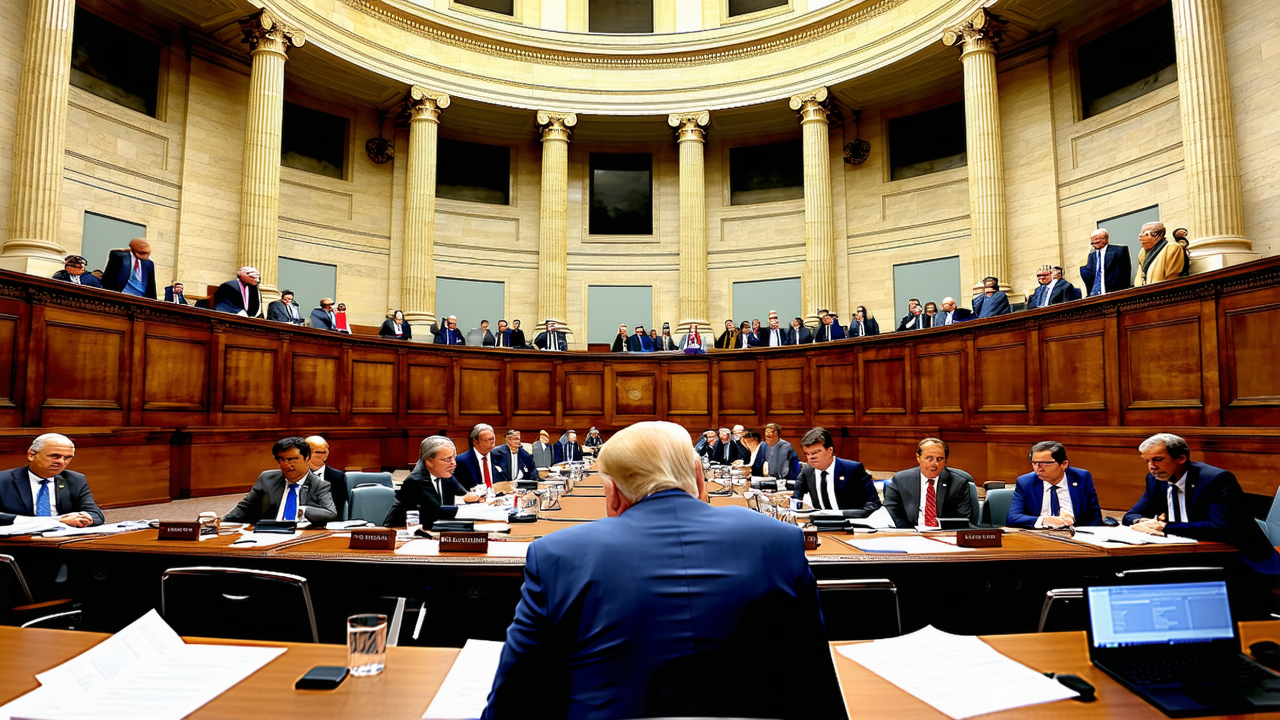Voting Reforms, Prisoner Bans, and Enrolment Changes: What You Need to Know About the Electoral Amendment Bill
Voting Reforms, Prisoner Bans, and Enrolment Changes: What You Need to Know About the Electoral Amendment Bill
The New Zealand government has proposed a sweeping set of changes to the electoral system, aimed at streamlining the process ahead of the 2026 election. The Electoral Amendment Bill has sparked significant debate, with critics arguing that some of the reforms may disenfranchise voters and undermine democratic participation, while supporters claim they are necessary to ensure efficiency and fairness in the electoral system.
Key Reforms in the Bill
The bill introduces several major changes, including:
- Ending Same-Day Enrolment: Voters will no longer be able to enrol on Election Day. The government has set a 12-day advance voting period, with enrolment needing to be completed by midnight on the Sunday before advance voting begins.
- Banning Prisoner Voting: All prisoners serving a sentence will be disqualified from voting. This reverses a previous law that only banned those with sentences of three years or more.
- Cracking Down on ‘Treating’: Providing free food, drink, or entertainment within 100 metres of a voting place during voting hours will be a new criminal offence, punishable by a fine of up to $10,000.
- Adjusting Political Donation Thresholds: The threshold for disclosing anonymous political donations has been increased from $5,000 to $6,000 to account for inflation.
Controversial Aspects of the Bill
The most contentious provisions have been the changes to voter enrolment and prisoner voting rights. Critics, including Green Party MP Julie Anne Chapman and academics, argue that closing the enrolment window before voting begins could significantly reduce voter turnout, especially among marginalized communities who may not have the means to enrol in advance.
Political scientist Dr. Mark Geddis warned that the reforms could lead to the disenfranchisement of thousands of New Zealanders, particularly those who rely on last-minute enrolment. He also criticized the government’s dismissive attitude toward these concerns, describing the language used by some officials as “unhelpful” and “dismissive of fundamental rights.”
The reinstatement of the prisoner voting ban has also drawn legal and ethical concerns. The change goes against a previous High Court ruling that found the ban unconstitutional, and it has been criticized by human rights advocates as a regression in democratic principles.
Support for the Reforms
Supporters of the bill, including leaders of the ACT Party, argue that the changes will improve the integrity of the electoral process. David Seymour called the current system “unfair,” claiming that last-minute voters are “disengaged and lazy.” He argued that the reforms will ensure that voters are more informed and committed to the democratic process.
Justice Minister Paul Goldsmith defended the changes, stating that they are necessary to clarify the rules around voter behaviour and reduce administrative burdens. He also emphasized that the bill will be subject to scrutiny by a parliamentary committee before being passed.
What Happens Next?
The bill will undergo a first reading in Parliament today. If it passes, it will be referred to a Select Committee for further examination and public consultation. The government has a majority in Parliament, so it is likely that the bill will be passed, but the debate over its implications for democracy is far from over.
Political analysts suggest that the bill may face strong opposition from opposition parties and civil society groups, particularly if the reforms are perceived as undermining voter rights. The outcome of the debate will likely shape the future of New Zealand’s electoral system for years to come.
